The De Renaissance Patriots Foundation has raised the alarm over what it described as the growing displacement of traditional traders in Lagos, warning that ongoing market redevelopment projects could erode the state’s historic mercantile identity.
In a statement titled “Lagos Markets: Between Heritage and Modernity,” issued on Sunday, February 22, 2026, the group called for a more inclusive urban renewal strategy that would protect low-income traders while pursuing infrastructural upgrades.
The foundation traced Lagos’ commercial roots to the pre-colonial barter system, noting that the city’s economic life began in open trading squares long before the emergence of modern shopping complexes.
“Lagos did not begin with glass towers and gated plazas. It began in open squares,” the statement read.
The group cited historic markets including Oja Ereko, Oke Arin, Ebute-Ero, Ita-Balogun, Jankara, Pelewura and Sandgrouse as longstanding centres of commerce and culture, stressing that they served not only as trading hubs but also as social and entrepreneurial incubators.
According to the foundation, generations of Lagos families built enduring wealth and educated their children into professions such as law, medicine, engineering and public service through modest beginnings in these open markets.
“These were not merely centres of commerce but centres of culture,” the statement said, describing the markets as “Lagos’ first economic universities.”
While acknowledging the need for improved sanitation, safety standards and structured infrastructure, the group expressed concern that redevelopment projects across Lagos Island, the Mainland, Badagry, Ikorodu and Epe have led to the demolition of open markets and their replacement with multi-storey complexes whose rents and service charges are beyond the reach of traditional traders.
It warned that many displaced traders, unable to afford new shop rates, have resorted to informal street trading to survive, while some newly constructed complexes remain partially unoccupied due to high costs.
“Markets are not shopping malls. They are social ecosystems sustained by affordability and accessibility,” the statement noted. “When redevelopment excludes the primary users, it fractures the economic chain.”
The foundation argued that modernization should not translate into economic exclusion, urging authorities to adopt phased redevelopment plans that guarantee returning traders affordable access to new facilities.
It recommended that open-air sections be incorporated for low-capital traders and that consultations be held with market associations before demolition exercises.
The group maintained that Lagos’ prosperity was built from grassroots commerce and cautioned that development must reflect both progress and historical identity.
“Modernize, yes — but modernize with memory,” the statement concluded, warning that failure to balance heritage with urban renewal could result in “beautiful emptiness.”
Do you want to share a story with us? Do you want to advertise with us? Do you need publicity for a product, service, or event? Contact us on WhatsApp +2348183319097 Email: platformtimes@gmail.com
We are committed to impactful investigative journalism for human interest and social justice. Your donation will help us tell more stories. Kindly donate any amount HERE



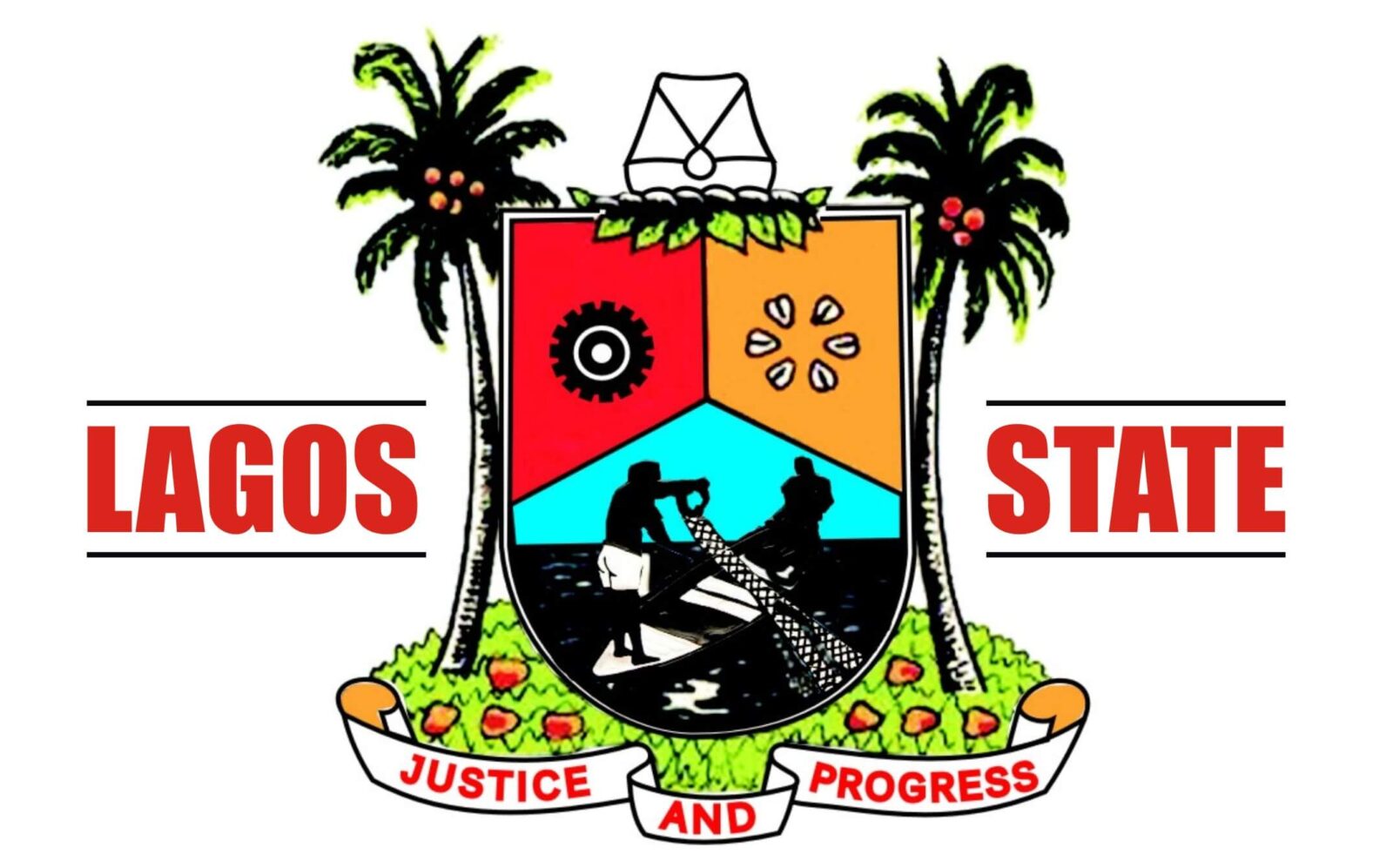





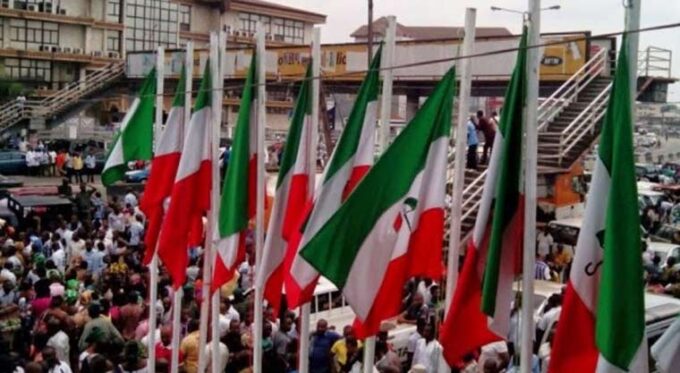

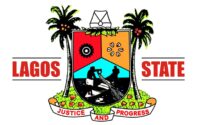
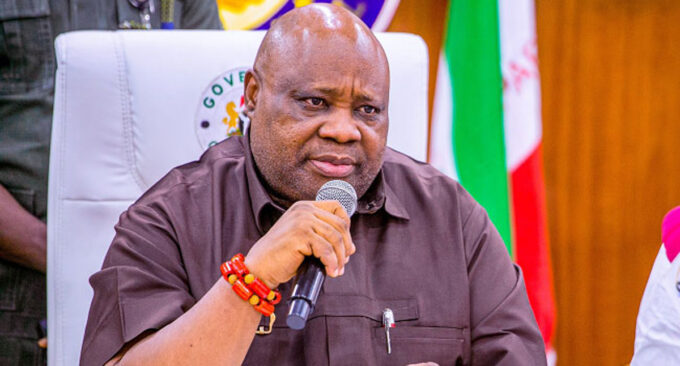

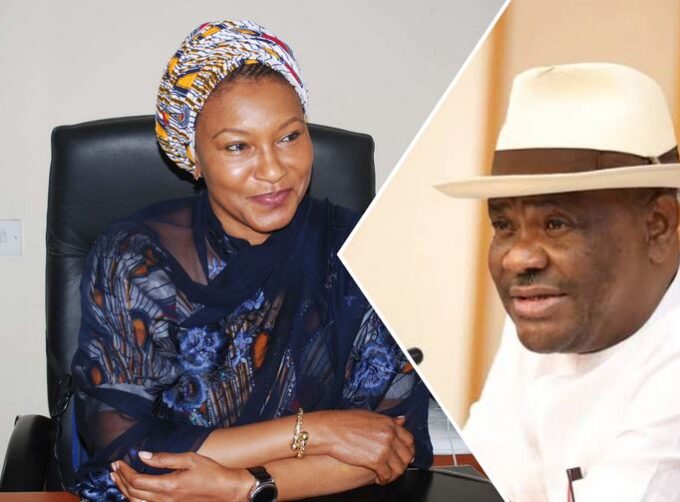
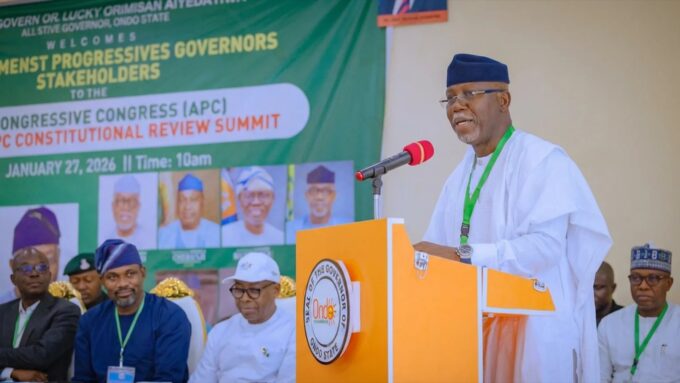





Leave a comment